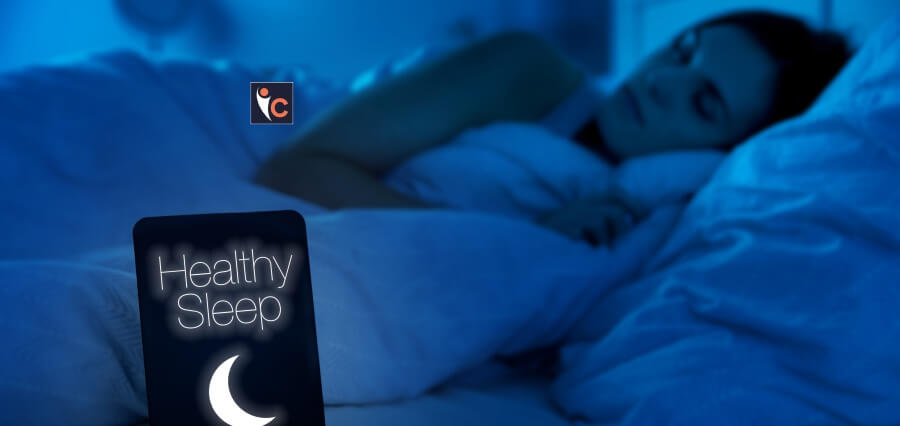Healthy sleep is a crucial function that allows your mind and body to recharge and helps your body remain healthy. But, how can you get a healthy sleep? Here is what you need to know:
What is the Best Time to Sleep?
The optimal bedtime differs from one person to another since there’s no standardized time that fits all. However, there are many factors to help you determine the best bed and wake-up times including: (1)
- Age
- Lifestyle preferences
- Obligations, such as work, school, etc.
- Geographical location
Experts recommend that you have a schedule for waking up and going to bed, ensuring you wake up and go to bed at the same time every day, including holidays, weekends, and days off. It’s also better to wake up during most of the day’s light hours and sleep during most of its dark hours. (1)
What Is the Best Sleeping Position?
The best sleeping position depends on your health and personal preferences. However, when choosing your sleeping position, it’s important to ensure that it promotes healthy spinal alignment from your hips to your head. (2)
It’s worth noting that some sleeping positions, such as sleeping on your side or back, are considered healthier than others, such as sleeping on your stomach. This is because sleeping on your side or back gives your spine the necessary support, keeping it balanced and allowing your muscles to recover and relax. (2)
14 Proven Tips and Tricks to sleep better at night
There are many tips that you can follow to get a better sleep at night including (3) (4)
- Reduce blue light exposure in the evening.
- Don’t consume any caffeinated drinks late in the day.
- Reduce irregular or long naps during the day.
- Sleep and wake up at consistent times.
- Invest in your bed, mattress, and pillow.
- Take a melatonin supplement.
- Increase daylight exposure during the day.
- Maintain a comfortable quiet bedroom environment.
- Don’t eat late in the evening.
- Don’t drink too much liquids before bedtime.
- Relax and clear your mind in the evening.
- Exercise regularly.
- Keep a sleep diary.
- Limit nicotine use or smoke exposure.
Remember: If you try the aforementioned tips and the problem persists, contact your healthcare provider to rule out any sleep disorder or health condition.
References:
(1) Sleep Calculator: Your Personalized Tool for Sleep | Sleep Foundation
(2) What Are the Best Positions for Sleeping? (sleepfoundation.org)
(3) 15 Proven Tips to Sleep Better at Night (healthline.com)
(4) The 20 Ultimate Tips for How to Sleep Better | Sleep Foundation
Read More Articles: Click here










